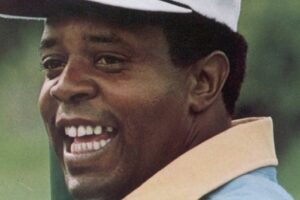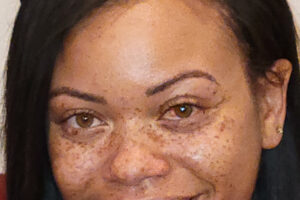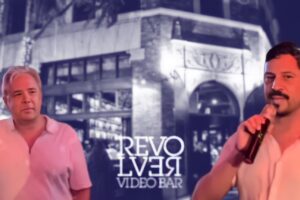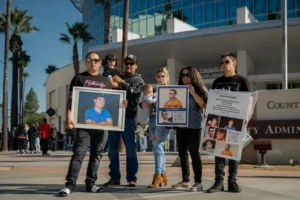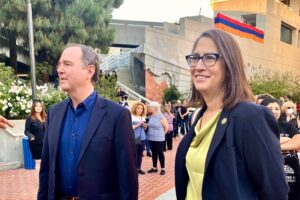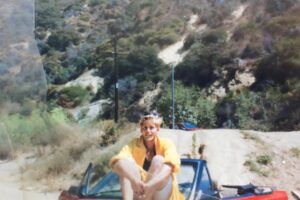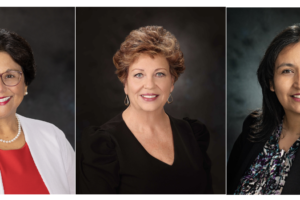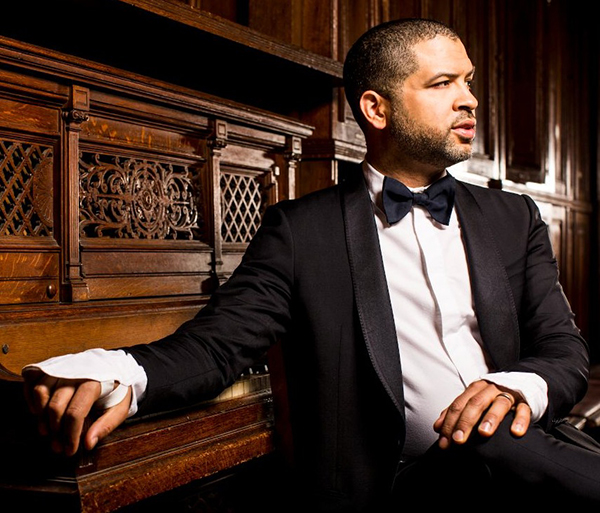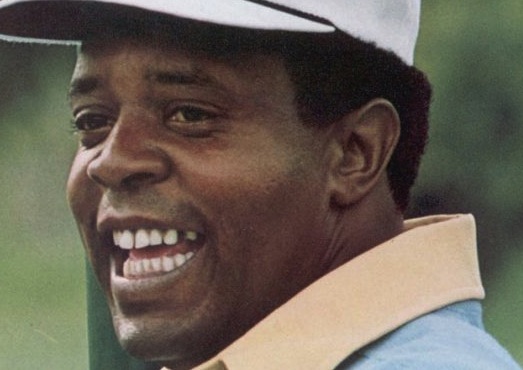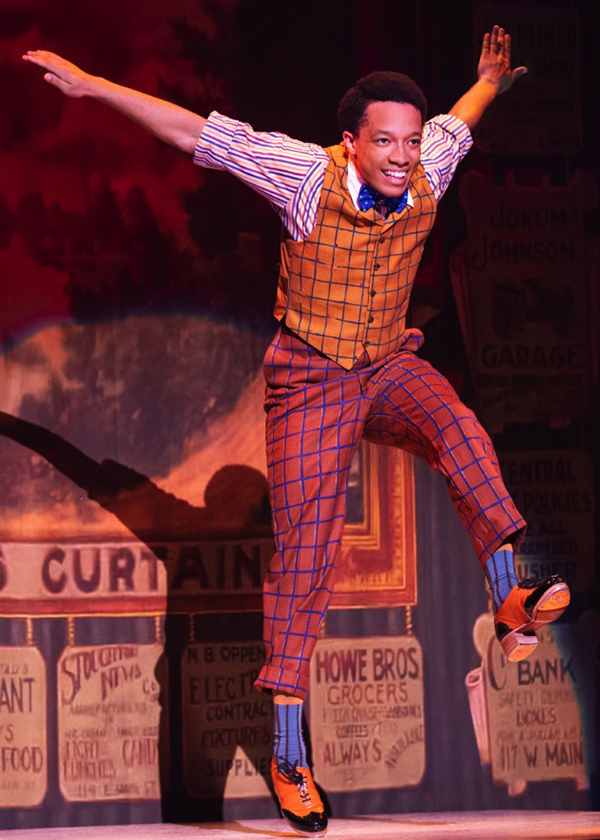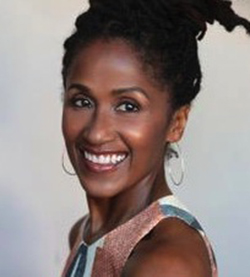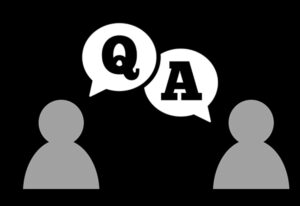
By Darlene Donloe
Contributing Writer
Talking about jazz to someone who has been called “a risk-taker, a trendsetter and the most provocative thinker in current jazz,” is a bit intimidating.
But virtuosic jazz pianist Jason Moran is quick to settle one’s nerves. The composer, educator, conceptual artist and overall cool cat, acknowledges the idioms but he doesn’t buy into them.
“A risk-taker,” he said. “I think they mean that I’m risking sounding good. At the moment the music is happening, I might play the wrong thing to agitate the environment a bit more. It adds something to the conversation with the band. I get to see how the audience responds. I’m not afraid to push at the edge of a band.”
Being unafraid is something Moran picked up from his musical hero, the late jazz pianist and composer Thelonious Monk, who was known for pushing the musical envelope with his unique improvisational style.
“Monk gave me focus,” said Moran, who recently started teaching at the New England Conservatory of Music. “He gave me purpose. He allows you to be yourself.”
Moran, 48, will showcase his own avant-garde style when he makes his debut with a solo piano concert at the Eli and Edythe Broad Stage June 3 at 7:30 p.m., presented by BroadStage as part of its jazz music series.
The show will feature highlights from his recording career.
A laidback, likable sort who is quick on the wit and loves to laugh, Moran has about a dozen CDs to his credit.
His discography includes 1999’s “Soundtrack to Human Motion,” the highly acclaimed 2002 “Modernistic,” 2021’s “Let My People Go” and “The Sound Will Tell You.”
One of the most important voices in jazz today, Moran, recipient of the MacArthur “Genius” Grant, draws inspiration from all artistic forms. He’s known for mixing it up in the best way — a fusion of blues, classical music, hip-hop, and, of course, all forms of jazz.
To Moran, who attended the Manhattan School of Music where he studied with pianist Jaki Byard, “music is a place where people can sift through the ideas.”
Married to celebrated mezzo-soprano Alicia Hall Moran, Moran made his professional recording debut on saxophonist Greg Osby’s 1997 Blue Note CD, “Further Ado,” which brought him to the attention of Blue Note executives who signed the pianist to his own record deal shortly thereafter.
He doesn’t get too weighty when he talks about his well-liked style or his place among the genre’s masters.
If you ask the Houston native, he’ll tell you, “I just like to play jazz.”
I recently approached Moran to talk about his upcoming show, jazz, and his reflections on the things that move and motivate him.
DD: What will audience members hear during your show on June 3?
JM: For five years I have been trying to specialize in solo piano concerts using my own canon of solo piano music. It talks about what the piano is supposed to do. Some will say, “I didn’t know the piano could do that.” There are lots of ways to play it.
DD: What didn’t they know the piano could do?
JM: They might hear a drum, or it sounds might sound like it was thrown into hot lava. They could say it sounded like the roar of 300 lions. This is part of my exploration. What the capability is. I love the many ways I can show its breadth and beauty.
DD: How do you approach each show?
JM: For a solo concert, I have to prepare and be warm and I have to have been playing it a lot for days and days so that I feel in shape. It’s rigorous for me. I let the set of music and the order emerge during the concert. I may have 40 to play, but you may only get 16. I try to tell a narrative
DD: What is jazz?
JM: I don’t know what it is. I say that because over time we’ve learned that word does nothing to explain how vast the music is. It’s in our relationship at the moment and how we navigate the role of life. It gives us our freedom. We are able to say where we are at that moment. I don’t take it for granted. It’s about the possibilities.
DD: Talk about what Thelonious Monk, meant and continues to mean to you. You began studying the piano at age 6. You were 13 when you first heard him. What did you hear?
JM: The thing I heard, it didn’t sound that different from the hip-hop I was listening to. It sounded very close. The way his left hand was moving. It said to me, I could play it too. I was wrong, I wasn’t that good. I like that it invited me to try. He allows you to be yourself. As a teenager that is what you’re looking for.
I hated the piano because I was playing the wrong music. I didn’t like what I was playing.
DD: Why didn’t you like what you were playing?
JM: I’d be practicing piano and seeing my friends riding bikes and I was inside playing Mozart. That’s how you learn who you are. The technique I gained helped me tremendously to approach the music of Monk.
DD: I take it someone else wanted you to play the piano.
JM: My mother and father wanted me to play. My father has musicians in his family. My mom played the viola. I have two brothers, one older and one younger. We grew up in the Third Ward of Houston. They wanted to keep us all busy. Music kept us busy.
DD: What does music do for you?
JM: It’s transformative, therapeutic and transportive. It demands time and love. It demands sharing it. That’s what I like about it. None of those attracted me to the music. Now I understand its power. I’ve learned over the years that there is value in staying present.
DD: If music is transportive, where do you go when you’re playing?
JM: I go somewhere but I’m fully conscious. It’s very structured. I rely on that structure to come home. I’m trying to take my audience someplace, too.
DD: How do you describe your music?
JM: There is a sense of the soul in the music. I might call my music soul music. I want to recognize the soul of others. I like playing other people’s music. I like to give it the flavor I want to put on it.
DD: What has happened to jazz over the years/decades?
JM: The beat keeps changing. Thank goodness for that. The way the music sounded in the 40s and then 60s, the rhythm keeps shifting. Some are playing with a different sensibility. A new group is diving into the history. People are finding their voice in it.
DD: On June 3, you will make your Broadstage debut. How does the venue play into your music?
JM: It’s always about the venue’s relationship to its audience and the piano’s relationship to the room. Their responsibility is to treat the audience with love. I send that love into the room.
DD: Why should anyone come to your show?
JM: You have no idea what it’s going to sound like. In any experience, it’s good when you don’t know what the ending will be. We’ll get to the end together.
Jason Moran, presented by BroadStage at The Eli and Edythe Broad Stage, 1310 11th St., Santa Monica, June 3 at 7:30 p.m. Tickets are $45 at www.broadstage.org, or 310-434-3200. Parking is free.
Moran also will appear as the composer for the The Wallis’s upcoming presentation of Alonzo King LINES Ballet: Deep River, a collaboration with vocalist Lisa Fischer, who performs live for the engagement June 9 and 10 at 7:30 p.m. at the Wallis Annenberg Center for the Performing Arts, 9390 N. Santa Monica Blvd, Beverly Hills.
“The Q&A” is a feature of Wave Newspapers asking provocative or engaging questions of some of L.A.’s most engaging newsmakers or celebrities.
Darlene Donloe is a freelance reporter for Wave Newspapers who covers South Los Angeles. She can be reached at ddonloe@gmail.com.

